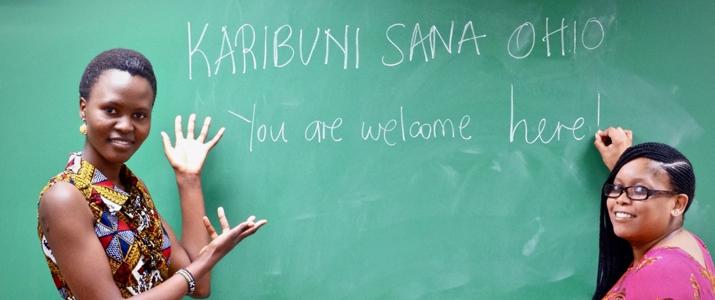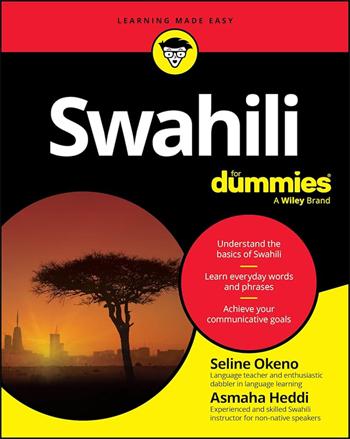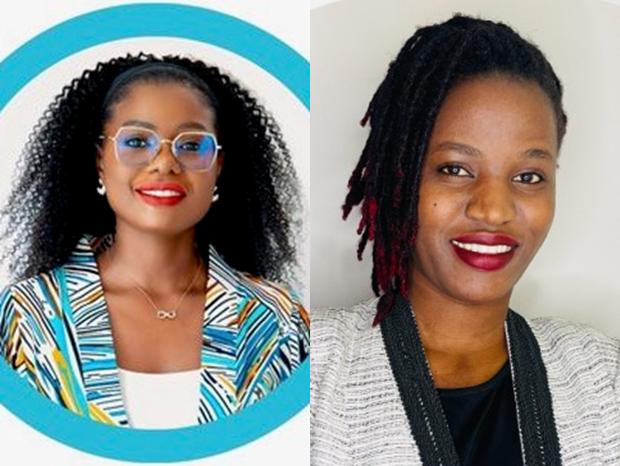

Karabuni Sana Ohio. You are welcome here.
About Swahili
Swahili is spoken across East Africa. It is mostly spoken in Kenya and Tanzania as a national and official language. It is also used in Uganda, Democratic Republic of the Congo and the Comoros Islands. Smaller numbers of its speakers can be found in Rwanda, Burundi, Northern Zambia and parts of Mozambique.
The word for Swahili language is Kiswahili and belongs to the Bantu family of languages. The origin of the word Swahili comes from the plural “sawahili” of the Arabic word “sahil" which means the coast. Swahili has been greatly influenced by Arabic in its vocabulary while its grammar and syntactic structure is purely of Bantu origin. The language also contains a few vocabularies that originates from German, Portuguese, Hindi, Persian, English and French
There are approximately 5 million Swahili speakers in the world who use it their native language. There are an additional 135 million people for whom Swahili is a second or third or foreign language. Swahili is recognized as one of the official languages of the African Union and is the official language of the East African Community.
Why Study Swahili at OHIO?
Today, African languages like Swahili are more in demand than ever before as the world becomes more globalized. Knowledge of Swahili opens doors to many opportunities both locally and internationally.
- Students can enroll in Swahili courses to complete their language requirement for graduation. Also, students who are working toward related certificates or degrees in International Studies can also take Swahili as part of their course requirements.
- Students enrolled in Swahili courses are eligible for a number of opportunities such as scholarships, grants, and other funding related to language learning and travel. Some of these Swahili related funding opportunities include: the Gilman International Scholarship, the Boren Awards African languages Initiative Scholarships and Fellowships, the Critical Language Scholarship Program, FLAS Fellowships and the Group Projects Abroad Fulbright Hays Swahili Program.
- Swahili is one of the few languages that qualifies students for the Critical Languages Scholarship. CLS is a scholarship program provided by the U.S. government through the departments of State and Defense to expand the number of Americans studying and mastering foreign languages that are critical to the national security and prosperity. Students awarded with CLS study in Arusha, Tanzania for eight weeks, learning one full academic year of Swahili.
- Swahili will provide students with a unique experience and insight into the Swahili and East African culture at large and also present the chance to be part of a strong global community of over 100 million Swahili speakers.
How OHIO Teaches
Swahili instruction at Ohio University emphasizes the communicative approach to language teaching. Instructors help students develop their knowledge of Swahili in the four language learning skills: reading, writing, speaking and listening. Furthermore, the language is taught according to the ACTFL proficiency guidelines in all the levels administered. The program is specially designed to expose students to the culture and history of the Swahili language and the people through cultural activities. Also, students are provided with the opportunity to interact with other native speakers of the language as a way to improve their speaking skills through cultural activities.
Courses Offered
- Elementary Swahili – SWAH 1110 and 1120
- Intermediate Swahili – SWAH 2110 and 2120
- Advanced Swahili – SWAH 3110 and 3120
- Special studies in Swahili – For any level
Swahili Placement Testing Information
Students who have prior knowledge of Swahili should email cas.undergrad@ohio.edu from their OHIO email account and include in the subject line: "Swahili Language Placement Test." Students will then receive an email with instructions on how to take the online placement test. Students who have no prior background in Swahili do not need to take a placement test and can enroll in an open section of 1110.
Links to Learn More about Swahili
Alumnae on Different Continents Team Up to Write New Swahili Textbook
Asmaha Heddi ’21, from Tanzania, and Seline Okeno ’22, from Kenya, both former Teaching Assistants and coordinators of OHIO's Swahili program, teamed up to write a new textbook, "Swahili for Dummies ," that addresses changing linguistic and social landscape of East Africa.

Heddi is Kiswahili Lecturer at the Department of African and Africa-American Studies at the University of Kansas. Okeno is a Teaching Fellow (English and Swahili) at the University of Edinburgh. Three years ago, they got together, and started writing “Swahili for Dummies.”
Where did you get the idea to write a Swahili textbook?
It was always there. One of the challenges we experience teaching Swahili as a foreign language is access to updated materials such as textbooks. A lot of the textbooks available to us before were published over 10 years ago and did not reflect the changing linguistic, social or economic landscape of East Africa. Furthermore, our teaching approach is communicative and very few textbooks in the market reflect this approach. We used them as reference books for grammar but found it difficult to adopt them as coursebooks. This is all to say that the idea to write a Swahili textbook has always been there for us since we began teaching Swahili as a foreign language: a dream that was realized when a senior editor from John Wiley and Sons, Inc. contacted Seline in 2022. It took us 10 months, although we were supposed to be done in nine months.
How did you collaborate seeing that you live on different continents ?
We used Google Docs as our main collaboration tool, and it was a total game-changer — especially with us being on different continents. Being able to work on the same document at the same time allowed us to stay in sync, even with time zone differences. We could easily track vocabulary, grammar, and dialogue, which was super helpful if one of us forgot something or needed a quick reference. It also helped us catch inconsistencies early and kept the flow of the book consistent.

What was the most difficult part of writing the book?
Getting started. We had our approved proposal which outlined the topics and sub-topics, but it still felt like an impossible task to dive into writing the actual content of any chapter at first. Once we got past that initial barrier, the process became more manageable.
What was the most fun part of writing the book?
Final editing after receiving feedback from the content and technical editors. We could see the finish line! Reviewing our first draft against the feedback was very easy as the changes or clarifications required were minimal, plus it gave insight into areas that users might have found confusing. We also had fun earmarking relevant cultural information throughout the chapters.
Did you ever have a big disagreement about what should go in the book ?
Not really. We had some differing opinions on where some subtitles should fall, but we usually cleared those up very quickly over WhatsApp calls or comments on the Google Drive document. Our biggest disagreement was actually with one of the editors about pronunciation guidelines. There was misunderstanding about Swahili stress patterns and pronunciation, and we had to have a serious meeting to clear it up before we could proceed.
What did you learn from the experience of writing the book?
As first-time writers, we learned that growth really does happen outside your comfort zone. Writing this book taught us that you don’t have to have all the answers at the start — you just need the courage to begin. We discovered that writing a book isn’t just about putting information on a page — it’s about trusting yourself, leaning on each other, and believing in the value of what you’re creating. Most of all, we learned that even when something feels impossible, it is possible — and finishing this book proved that to us.
What are your future plans? Are you going to write another book together?
Swahili for Dummies is a first edition, so if it needs to be updated, we are open to writing the second edition. This is the publisher’s decision of course. Besides that, we recognize the need for more Swahili learning resources and will collaborate on these, not just books, whenever the opportunity arises or idea strikes.
Anything else to tell us?
When we first started writing this book, we were incredibly nervous—neither of us had ever written a book before, and the learning curve felt overwhelming. We spent a lot of time reading other Dummies books and studying templates just to understand the format, voice, and tone. It was exhausting, scary, and exciting all at once, with a constant fear of messing up balanced by the thrill of actually doing it. Some days were painfully slow—writing even a single paragraph felt nearly impossible—but we kept going. We pushed through the writer’s block, the doubts, and the tight deadlines, pouring everything we had into every chapter. Looking back now, we’re proud we embraced the challenge, because not only was it worth it—it taught us more than we ever expected.
